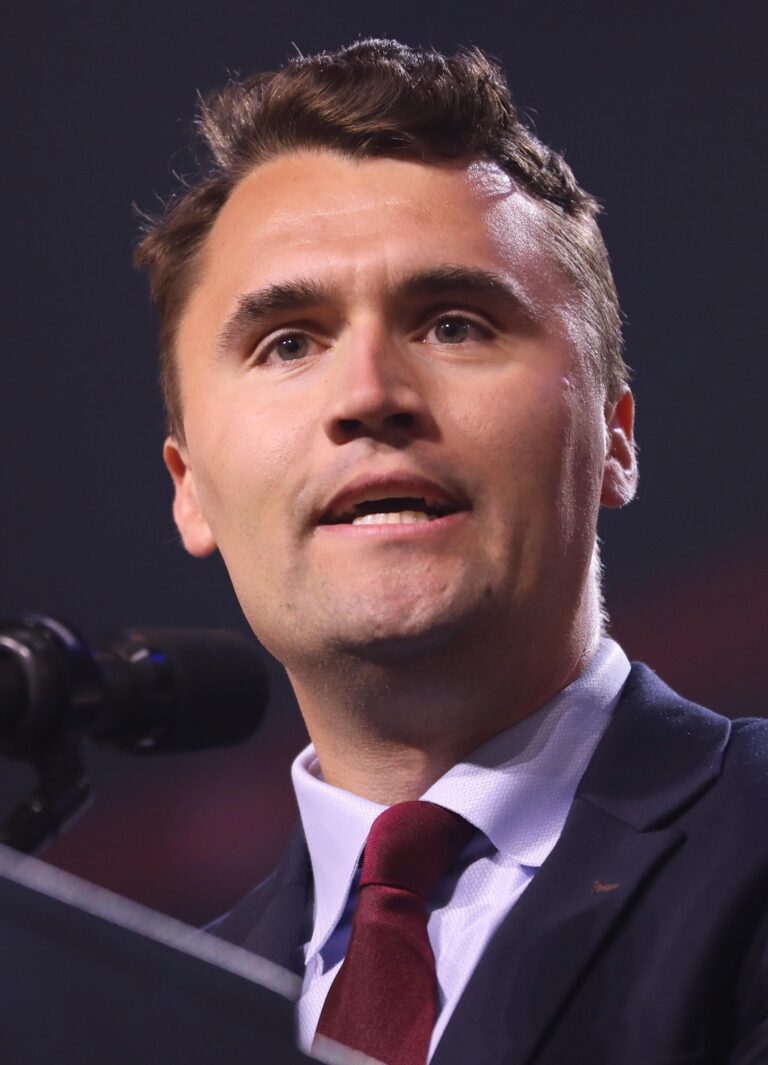As Turning Point USA, the conservative student organization founded by Charlie Kirk, continues to expand its presence on college campuses nationwide, Arkansas universities are reflecting on the influence the group has had within their academic communities. Professors across the state share their insights on how Turning Point USA’s activities and outreach efforts have shaped campus discourse, student engagement, and political climate. This article explores the perspectives of faculty members regarding the organization’s impact on Arkansas higher education institutions.
Professors Assess Political Influence of Turning Point USA on Campus Climate
Faculty across Arkansas universities have voiced diverse perspectives regarding the presence and activities of Turning Point USA, the conservative youth organization founded by Charlie Kirk, on their campuses. Many professors acknowledge that the group’s energetic approach to political engagement has invigorated debates among students but also express concerns about heightened polarization within academic settings. Some highlight that Turning Point USA’s events often serve as a platform for conservative voices that were previously underrepresented, leading to increased political awareness among a portion of the student body.
However, critics argue that the organization’s tactics sometimes contribute to a less inclusive campus climate, particularly for students whose views clash with those promoted by Turning Point USA. Professors note that the dynamic can inadvertently shut down open dialogue, as the emphasis on activism may overshadow nuanced discussions. Below is a summary of common observations shared by faculty members regarding the group’s impact:
- Increased Visibility: Conservative ideas have gained greater prominence on campus platforms.
- Polarization: Political divisions among students have reportedly intensified.
- Student Engagement: Heightened participation in political discussions and activism.
- Academic Challenges: Balancing activism with the preservation of diverse viewpoints remains a concern.
| Aspect | Positive Impact | Negative Impact |
|---|---|---|
| Political Awareness | Broadened conservative voices | Increased campus tensions |
| Student Involvement | More active political participation | Potential exclusion of dissenting views |
| Campus Dialogue | Stimulated debate | Reduced space for nuanced conversations |
Academic Experts Discuss Challenges to Free Speech and Student Engagement
Academic professionals at several Arkansas universities have voiced concerns regarding the influence of Charlie Kirk’s Turning Point USA on campus discourse. They highlight a growing tension between fostering open debate and navigating the complexities of ideological advocacy introduced by external organizations. Professors emphasize the difficulty in maintaining a balance where students feel encouraged to express diverse viewpoints without fear of backlash, while also engaging critically with the material presented. This disruption has prompted universities to reassess their policies on free speech, aiming to support a learning environment conducive to respectful, yet robust, intellectual exchange.
Key challenges identified include:
- Increased polarization among student groups
- Pressures on faculty to mediate contentious discussions
- Concerns over the authenticity of student engagement versus performative activism
- Complexities in distinguishing educational content from political agenda
| Challenge | Impact on Campus | Faculty Response |
|---|---|---|
| Polarization | Division in student groups | Facilitating dialogue workshops |
| Pressures on Faculty | Increased mediation duties | Developing clear discussion guidelines |
| Performative Activism | Shallow participation | Encouraging deep critical thinking |
| Political Agenda | Blurred educational lines | Reinforcing curriculum standards |
Recommendations for Fostering Inclusive Dialogue Amid Rising Political Activism
Creating spaces where diverse political perspectives can coexist respectfully requires intentional effort from both institutions and individuals. Universities are encouraged to foster structured forums that promote active listening and critical thinking rather than adversarial debate. Initiatives such as moderated panel discussions, workshops on media literacy, and peer-led dialogue circles can help students navigate complex political topics without alienation or polarization. Additionally, embracing policies that protect free expression while discouraging harassment ensures that all voices have room to be heard without fear of retribution.
Educators and campus leaders can benefit from embracing the following strategies to build a culture of inclusive dialogue:
- Implement Conflict Resolution Training: Equip students with tools to engage constructively, recognizing emotional triggers and de-escalation techniques.
- Encourage Collaborative Problem-Solving: Shift focus from winning arguments to finding common ground through shared goals and community projects.
- Promote Transparency: Clearly communicate the intent and guidelines for political events to prevent misunderstandings.
| Strategy | Intended Outcome |
|---|---|
| Neutral Moderation | Balanced, respectful discourse |
| Anonymous Feedback | Safe expression of dissenting opinions |
| Inclusive Event Planning | Diverse participant engagement |
The Way Forward
As Arkansas universities continue to navigate the evolving landscape of campus activism and political engagement, the reflections shared by professors offer valuable insight into the influence of Turning Point USA and Charlie Kirk’s presence in the state. While opinions vary, it is clear that the organization’s activities have sparked meaningful conversations around free speech, student involvement, and ideological diversity. As the dialogue unfolds, Arkansas institutions remain cautious yet attentive to the ways such movements shape their academic communities and campus climates.




